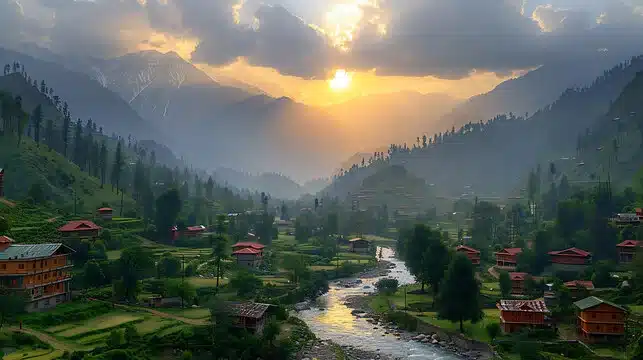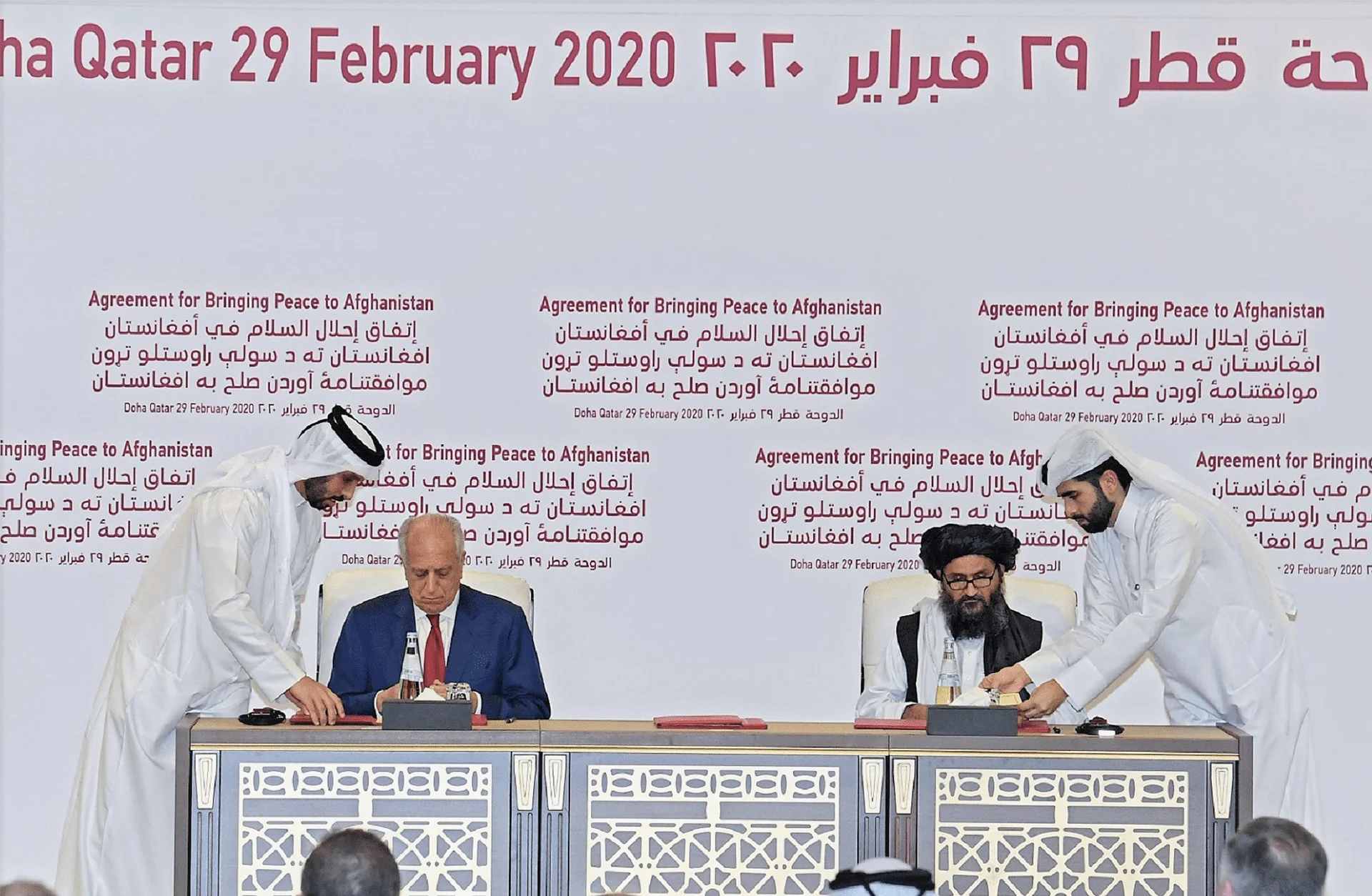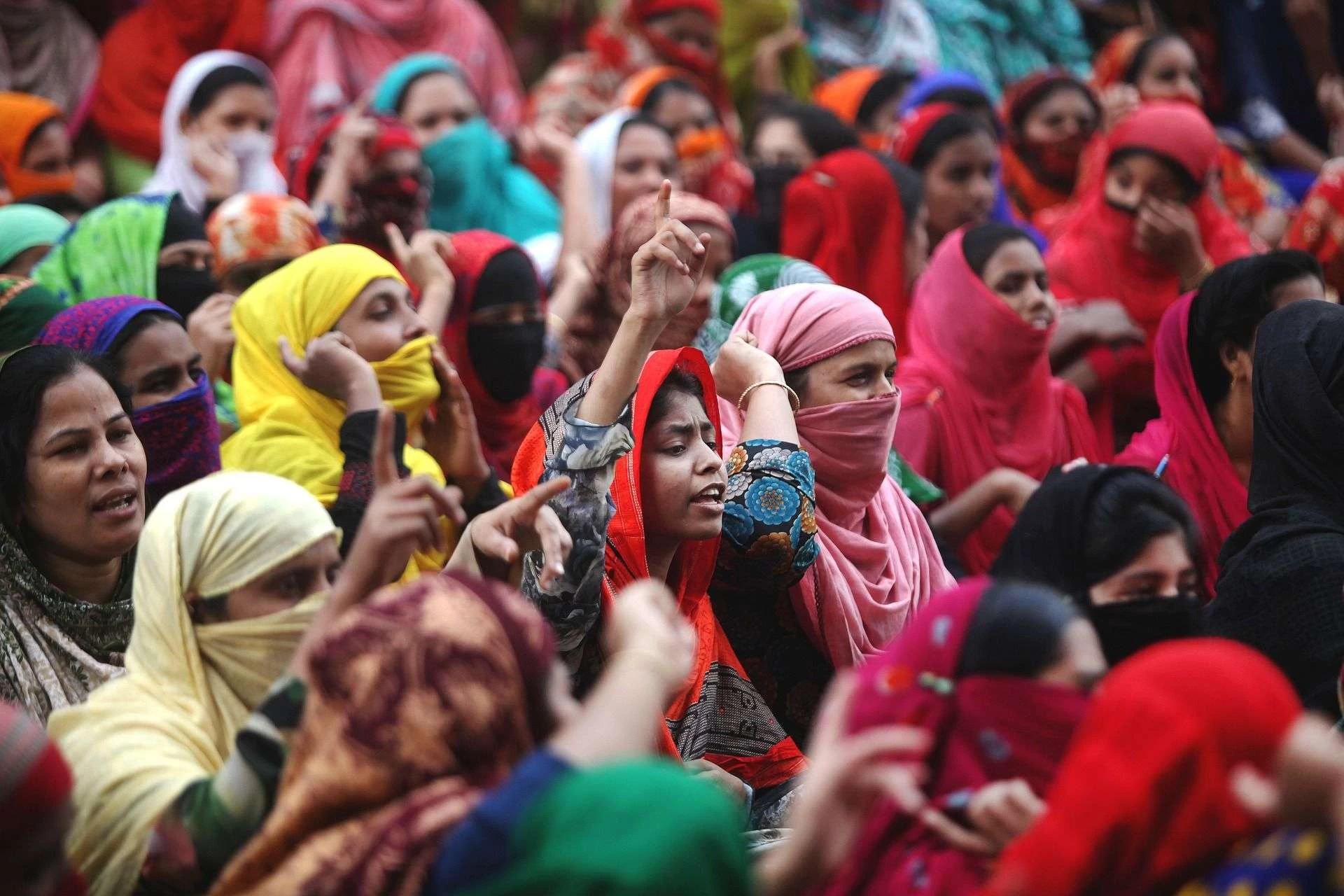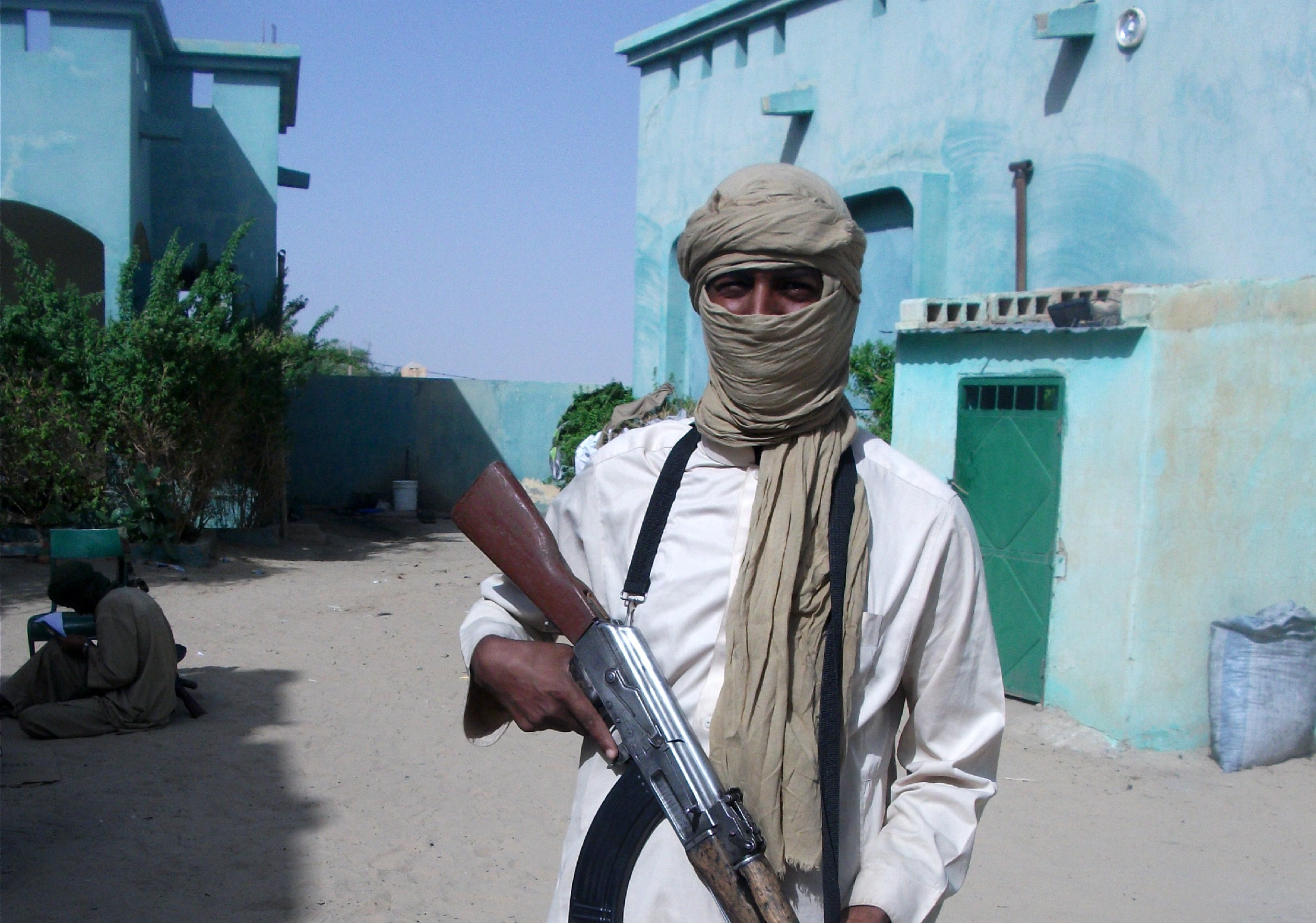In Shakespeare’s world, a rose by any other name might smell as sweet. But in the geopolitical minefield of Kashmir, names carry a weight far heavier than petals. The recent stir over Home Minister Amit Shah’s suggestion of Kashmir’s historical ties to the Vedic sage Kashyapa has sparked a debate. The rumor of a possible name change has only intensified the discussion. This debate goes far beyond semantics. It touches on identity, history, and the contested realities of a region long embroiled in conflict.
The Power of Names in Colonial Projects
The idea of renaming Kashmir isn’t new, nor is it unique. From the renaming of cities like Allahabad to Prayagraj, India’s current government has demonstrated a penchant for reshaping cultural and historical narratives to align with its Hindutva ideology. In this context, the debate over the name of Kashmir fits neatly into what many critics describe as a settler-colonial framework reminiscent of Israel’s playbook in Palestine.
Renaming, as history shows, is never a benign act. It is a tool of erasure. It seeks to overwrite existing identities and histories with those that serve the colonizer’s narrative. By linking Kashmir to Kashyapa, the Bharatiya Janata Party (BJP) appears to be crafting a mythology. This mythology aligns the region more closely with an Indic-Hindu civilizational ethos. It could potentially marginalize Kashmir’s Islamic and syncretic past.
Etymological Odyssey: Kashmir’s Many Roots
The origins of the word “Kashmir” are as diverse as the cultures that have flourished in the region. The Mahabharata mentions it. Even earlier, Greek historian Herodotus wrote of the “Kaspapyros.” This could possibly refer to the people of Kashmir. Persian and Central Asian influences also seep into its linguistic roots. In some ancient languages, “Kash” denotes water or fertile land. “Mir” means peace or power.
While Kashyapa features in Kalhana’s 12th-century Rajtarangini, his association with the valley is more mythological than historical. The Wire cites Geologists like Dr. Afroz Shah who remind us that Kashmir’s story begins millions of years ago, with tectonic upheavals that birthed its breathtaking topography. This scientific narrative starkly contrasts with the myths peddled by some political actors.
Also See: Kashmir 76 Years After January 5, 1949—Fight for Self-Determination Continues
The Real Agenda Behind the Name Game
Renaming Kashmir, even as a speculative exercise, is emblematic of a larger strategy to rewrite history. Since the abrogation of Article 370 in 2019, the BJP has increasingly framed Kashmir as a land intrinsically tied to India’s Hindu past. This narrative conveniently sidelines its status as a cultural and religious melting pot, influenced by Buddhism, Shaivism, Islam, and Central Asian traditions.
Critics argue that this approach mirrors Israel’s tactics in the West Bank, where historical revisionism serves as a pretext for demographic and territorial changes. The introduction of domicile laws in Jammu and Kashmir, which many fear could lead to the settlement of non-locals, adds weight to these concerns. As Jehangir Ali, in his article for The Wire cites a Srinagar-based political historian Ashiq Hussain, who warns, this could pave the way for a “Palestine-like situation” in the valley.
Beyond the Semantics: Why This Matters
For the people of Kashmir, this debate is not an academic exercise. It is about preserving their history, identity, and future in the face of policies that seek to redefine them. Amit Shah’s remarks on Kashyapa might seem innocuous. However, they fit into a broader pattern of cultural homogenization. This pattern has left many in the valley deeply uneasy.
The Wire also cites journalist G.M.D. Sufi who notes, Kashmir is more than a name; it is a civilization, a crossroads where Persian, Central Asian, and Indic worlds converged. To reduce it to a single narrative—Hindu, Islamic, or otherwise—is to betray its essence.
Conclusion: A Rose, After All?
In the end, the debate over renaming Kashmir is less about etymology and more about control—control over land, history, and identity. As Omar Abdullah rightly pointed out, no name change can occur without government approval. But the mere suggestion raises alarms about the BJP’s intentions in the region.
If the world has learned anything from history, it is that names matter. They are more than mere labels; they are vessels of memory, identity, and resistance. For Kashmir, a region defined by its courage, the name is a reminder of a legacy that cannot be erased—no matter how many myths are written in its place.






